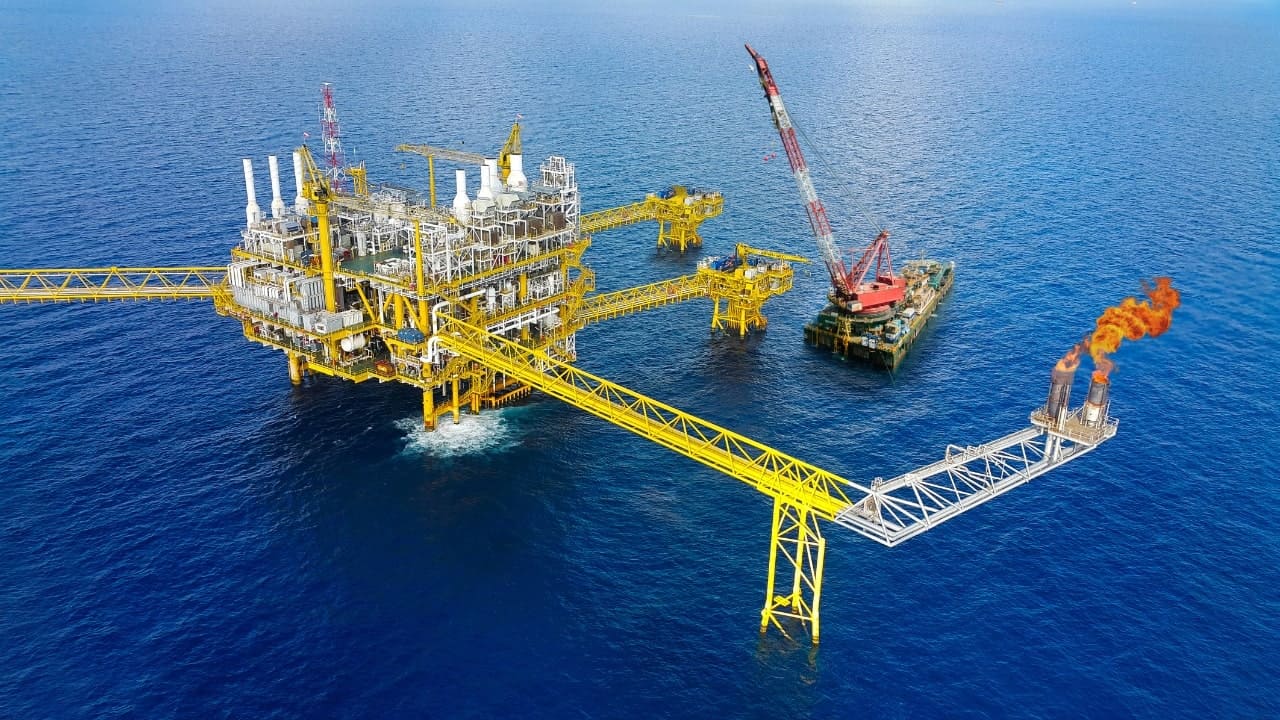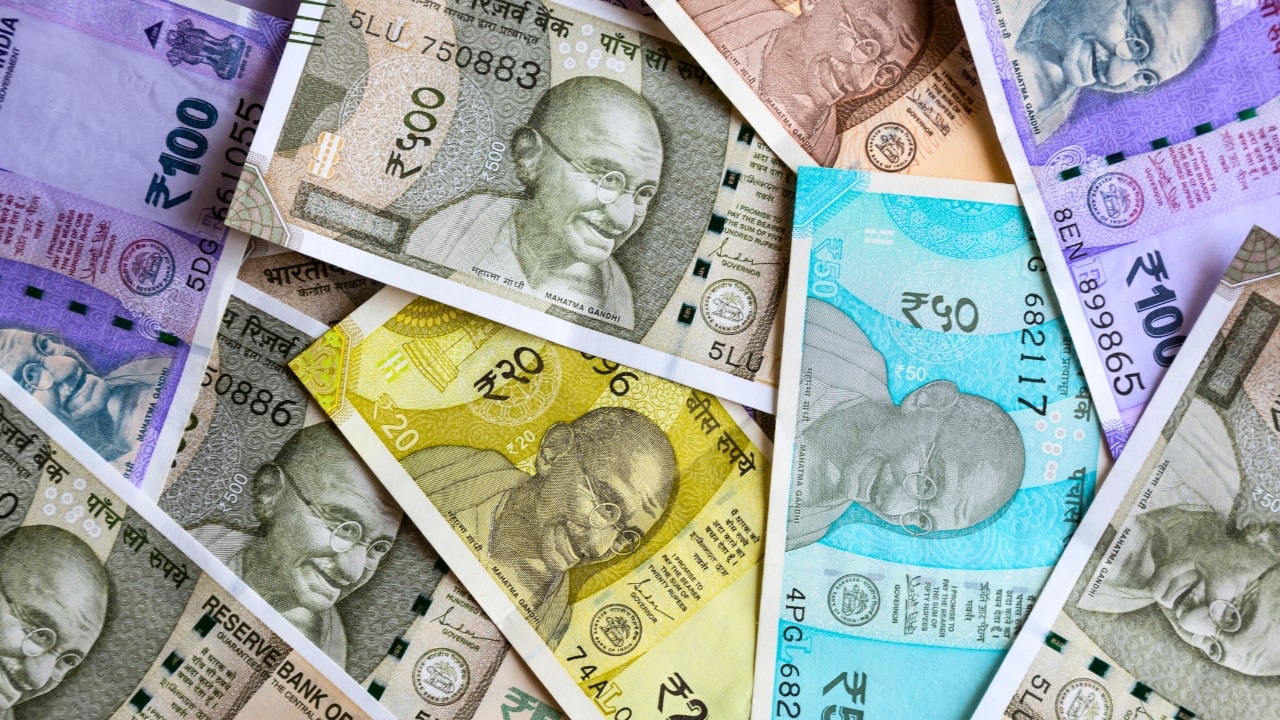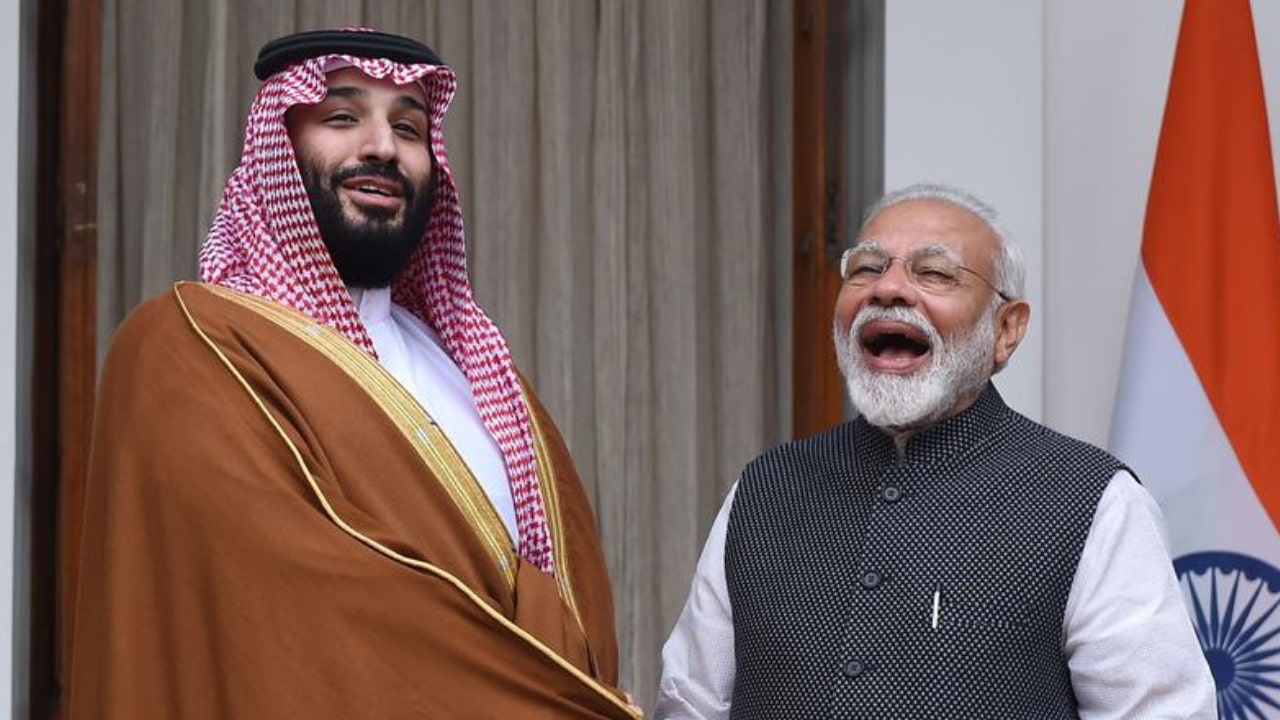The global oil market is affected by many factors, including geo-political tensions, fluctuations in demand, and production levels. In recent years, the Organization of the Petroleum Exporting Countries (OPEC) and its allies, collectively known as OPEC+. These countries have played an essential role in stabilizing oil prices and ensuring market balance.
Let us know the reasons behind the cut in oil production by OPEC+.
Market Stability and Price Control
OPEC+ has long recognized the importance of maintaining stable oil prices for producers and consumers. By adjusting the level of oil production, the organization aims to prevent excessive price fluctuations. Reducing oil production helps to counter oversupply conditions, which can lead to a sharp drop in prices. By lowering production, OPEC+ aims to balance supply and demand, keeping oil prices stable and sustainable.
Responding To Fluctuations In Demand
The oil demand is subject to many factors, including economic development, geo-political developments and technological progress. OPEC+ closely monitors global demand trends and balances production levels accordingly. In times of weak demand, such as an economic downturn or the COVID-19 pandemic, cutting oil production is a way to avoid overproduction. By reducing supply, OPEC+ prevents a supply-demand imbalance.
Alleviating Concerns Of Oversupply
OPEC+ also considers the potential impact of increased oil production from non-OPEC countries, particularly the United States. The shale revolution in the US has enabled a significant increase in domestic oil production, raising concerns about oversupply in the global market. To prevent a situation where excess supply outweighs demand, OPEC+ actively adjusts its production levels. By cutting output, the organization helps maintain a more stable supply-demand dynamic.
Mitigating Economic and Geo-Political Risks
Economic and geo-political factors can have a significant impact on oil markets. Unforeseen events such as conflict, sanctions or political instability in major oil-producing regions can disrupt supplies and create uncertainty in the market. OPEC+ closely monitors these risks and balances oil production accordingly. By cutting output in response to potential disruptions, the organization aims to minimize the impact of such events on global oil prices and ensure market stability.
Environment and Climate Change Ideas
In recent years, there has been an emphasis on sustainable energy and climate change. As the world moves toward cleaner energy sources, OPEC+ recognizes the importance of aligning its actions with global climate goals. By reducing oil production, the organization aims to contribute to reducing greenhouse gas emissions. This strategic move also helps OPEC+ members to adapt to the evolving energy landscape and diversify their economies.
Significantly, by properly managing the level of oil production, OPEC+ aims to keep prices stable, avoid excessive volatility and support sustainable development. The organization’s actions ensure well-functioning global oil markets that benefit producers and consumers alike.











